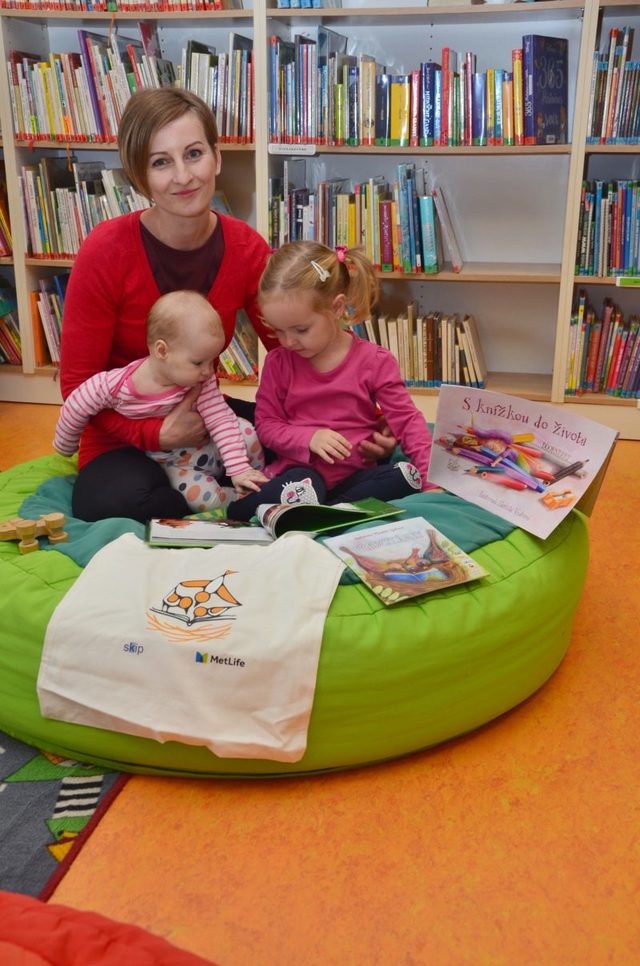The UNESCO Institute for Lifelong Learning (UIL) published this week the first UNESCO publication on prison libraries, highlighting their contribution to the personal development and education of incarcerated adults and young people.
Books beyond bars: The transformative potential of prison libraries, written by Lisa Krolak, UIL’s Chief Librarian, will be officially launched at the International Federation of Library Associations and Institutions (IFLA) World Library and Information Congress (WLIC) 2019, in Athens, Greece, from 24 to 30 August 2019.
The publication examines the critical role prison libraries play in supporting the mandate of prison authorities around the world to rehabilitate and reintegrate inmates into society. Providing inmates with access to reading materials and information is particularly important as the majority of those who find themselves in detention facilities come from challenging socio-economic backgrounds and have limited education and low literacy skills. By offering a variety of reading and learning materials, from easy to expert levels, in various languages, prison libraries provide lifelong learning opportunities, thereby improving inmates’ chances of successful reintegration on release.
Using a prison library can be a transformative and powerful experience with far-reaching and lasting effects. Books beyond bars highlights examples from selected prison library systems from around the world, demonstrating challenges and best practice, and thus revealing their potential as sources of information, education, culture and recreation.
 Discovering the Content of a Library Gift Package for Young Parents at Masaryk Public Library Vsetín, Michal Kovác, CC BY 4.0, https://bit.ly/2KRJSiR
Discovering the Content of a Library Gift Package for Young Parents at Masaryk Public Library Vsetín, Michal Kovác, CC BY 4.0, https://bit.ly/2KRJSiR